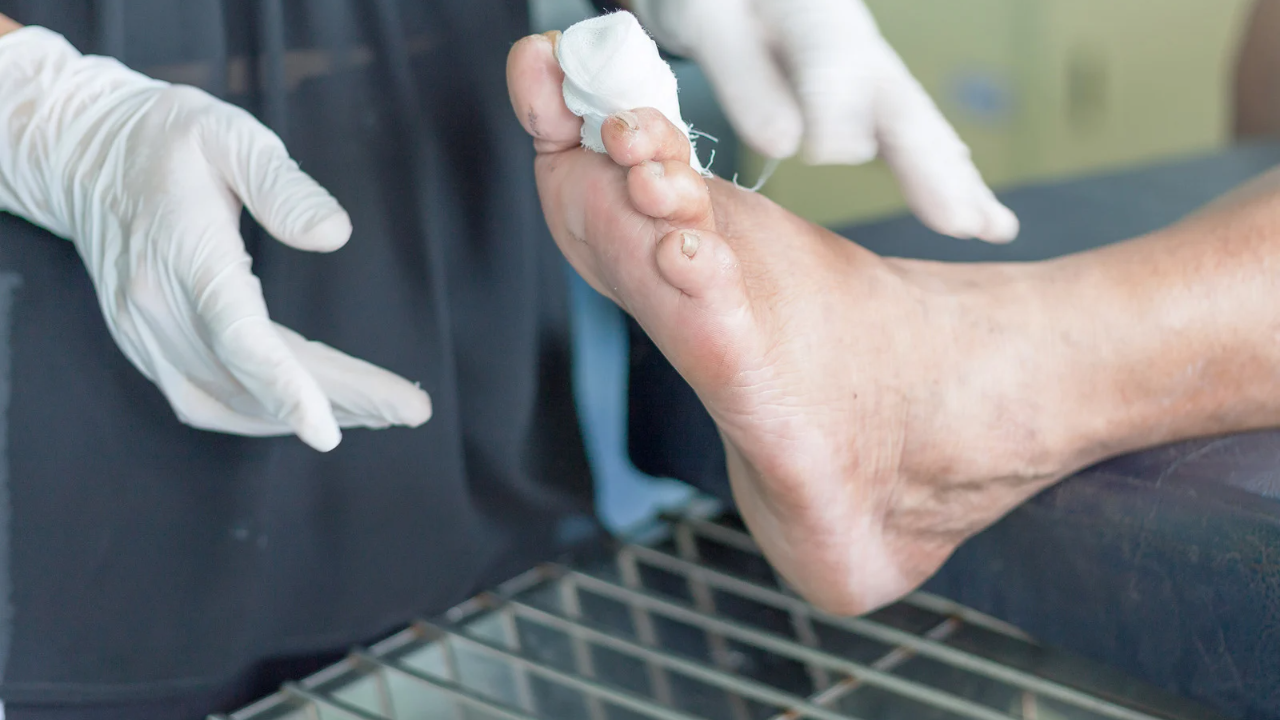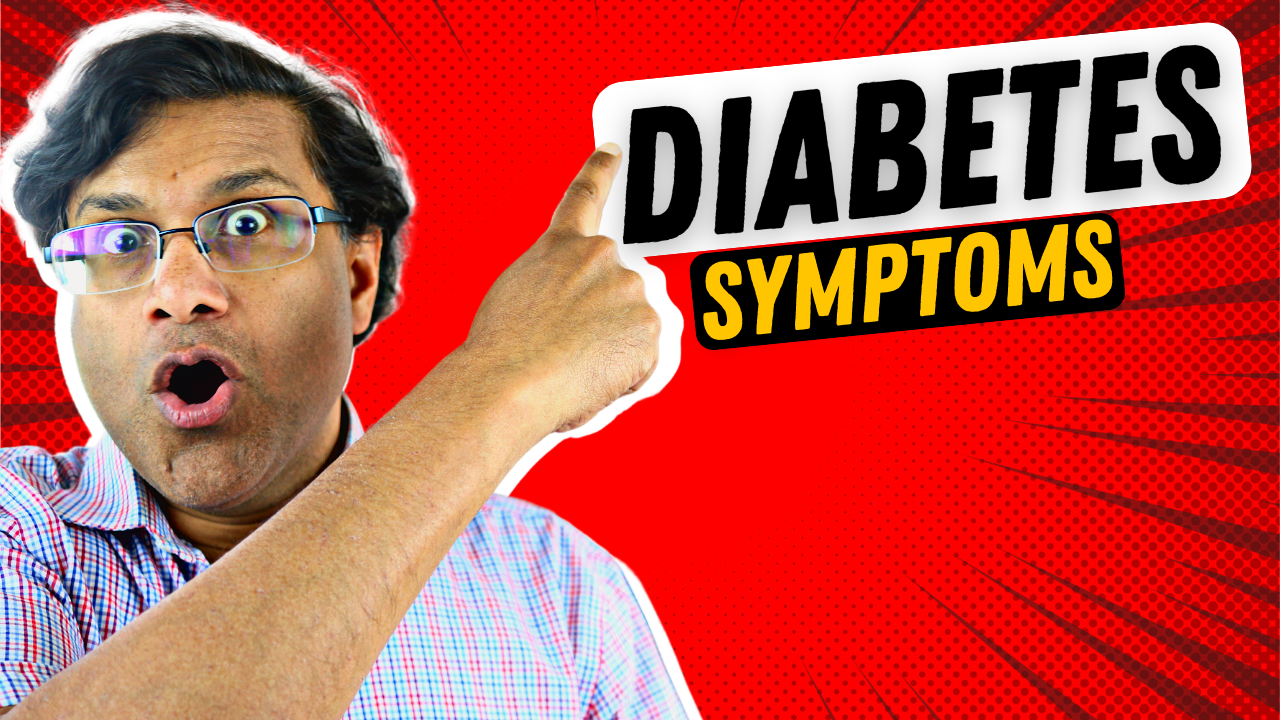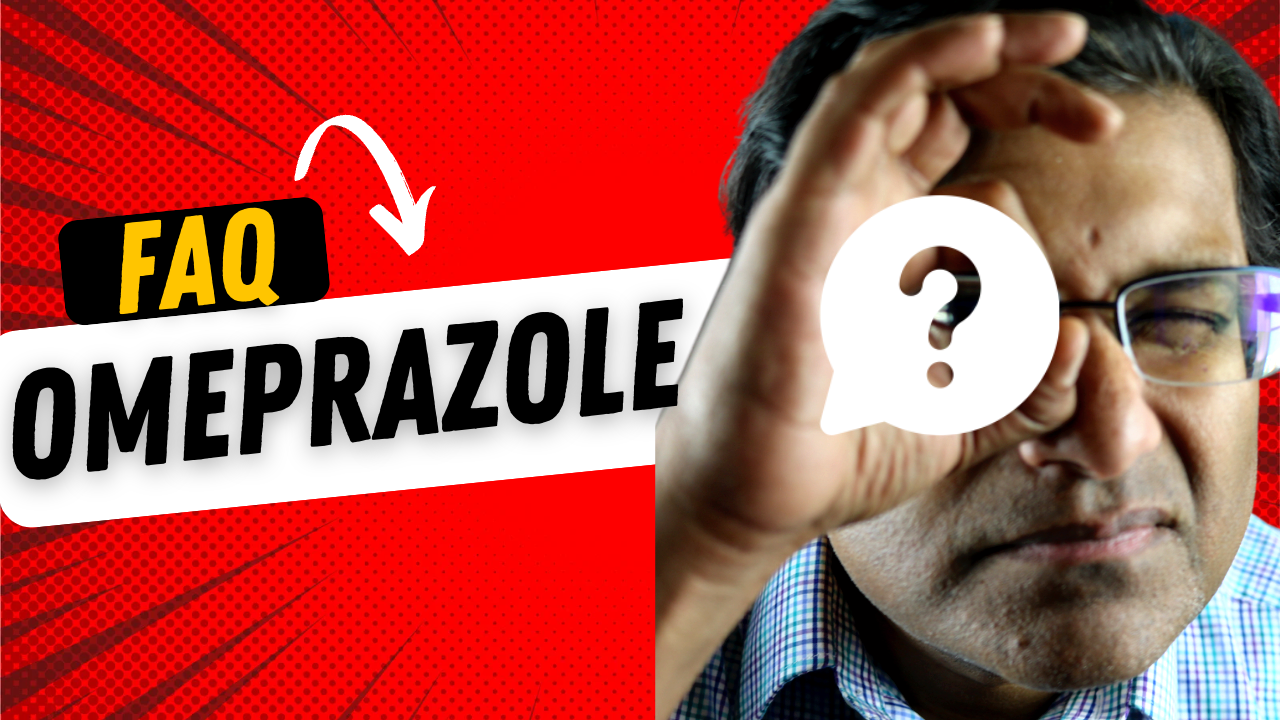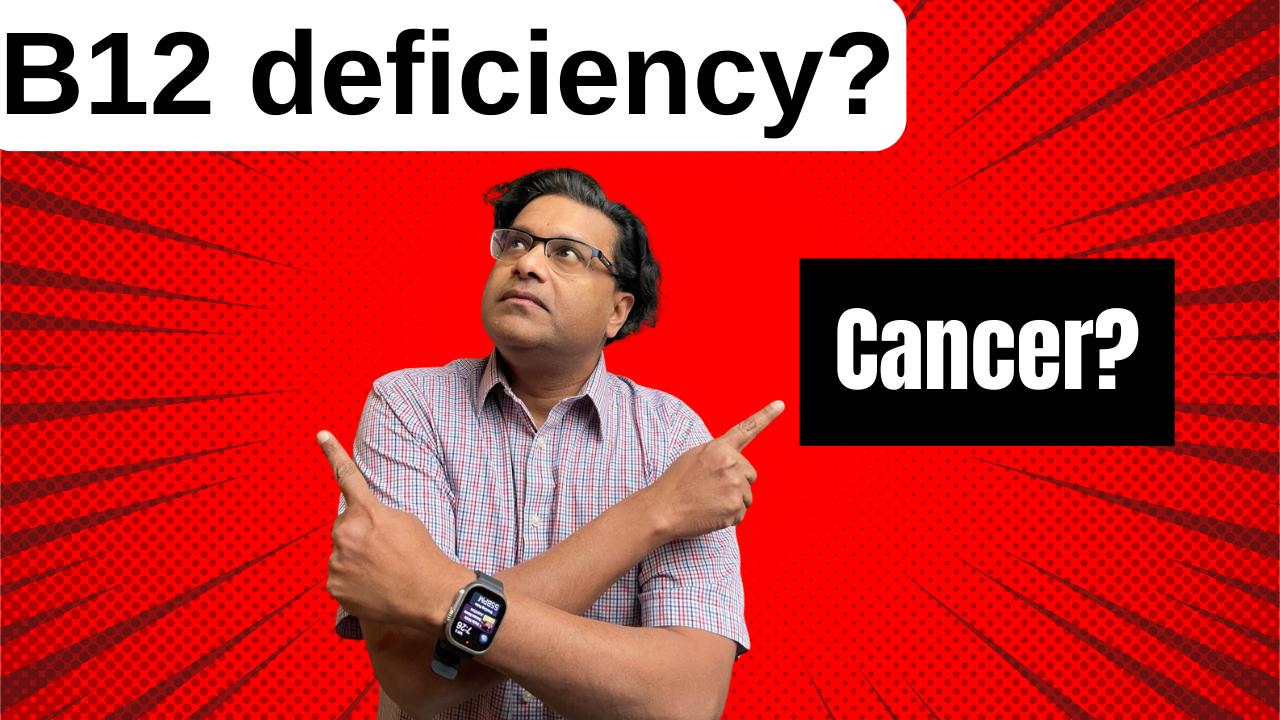What is type 2 diabetes?
Type 2 diabetes is a chronic medical condition where your levels of glucose or sugar are increased in your blood.
Why is glucose(sugar) elevated in type 2 diabetes?
Insulin is a hormone produced by your pancreas and moves sugar (glucose)from your blood, into cells where it can be used as energy. You can think of insulin as a key helping glucose into these various cells. Now what happens in diabetes type two, is your body fat cells, liver cells and muscle cells do not respond well to insulin. This is called Insulin resistance. Your pancreas ends up producing more Insulin to try to push sugar into your cells, but it reaches a point when it can’t keep up and there is too much sugar in your bloodstream.
Difference between type 1 and type 2 diabetes?
In type one diabetes your pancreas cannot make Insulin or makes too little Insulin. In Type 2 diabetes the body’s cells do not respond to Insulin or your body cannot make enough Insulin, or it is a combination of both problems I mentioned earlier.

What are the 10 most common symptoms of type 2 diabetes?
1) Polydipsia (abnormally great thirst as a symptom of disease)
Polydipsia is another way of saying that you are extremely thirsty. Elevated blood glucose levels make your kidneys produce more urine to get rid of the extra sugar. In other words, you are peeing the extra sugar together with water out of your body. Now that you are losing so much fluid, you are the risk of getting dehydrated. Your brain gets signals to drink more water.If you are unable to drink enough water dehydration can lead to increased levels of sugar which is also referred to as hyperglycemia. Symptoms of prolonged dehydration are nausea, faints, headaches, and dizziness.
2) Polyuria:
Polyuria means you are peeing excessive amounts of diluted urine. Polyuria is one of the classic symptoms of diabetes.
Like explained earlier, your kidneys play a role in filtering and reabsorbing urine.
Polyuria in diabetes occurs when you have excess levels of sugar in the blood. Normally, when your kidneys create urine, they reabsorb all the sugar and direct it back to the bloodstream. With diabetes, excess glucose ends up in the urine, where it pulls more water and results in more urine being peed out. Normally, your kidneys would be reabsorbing as much glucose as possible. However, in diabetes as you’re your kidneys are unable to reabsorb the sugar and the excessive sugar is peed out together with fluid.
3) Nocturia:
This means that you are getting up at night time to pee. There are other diseases such as congestive heart failure as well as prostate disease which can do this as well. Once again because of excessive sugar levels your kidneys have to work harder to get rid of it.
4)Blurred vision:
Elevated blood glucose levels can make your eye lens swell. This is because of the flow of glucose in and out of your eye. Naturally if your lens swells up your vision will be affected. It is important if this is occurring with you, that you follow up with your eye doctor to help with the diagnosis. Persistent elevated blood sugar levels can lead to damage of small blood vessels in the back of your eye called the retina. Your retina is important for communicating visual signals to your brain as it consists of light sensitive tissue. The damage to the retina secondary to diabetes is called diabetic retinopathy and a complication of this type of retinopathy is decreased vision and in the worst-case scenario blindness.
5) Weight loss:
 Weight loss is also a symptom of diabetes. This is because glucose is a source of energy. Now if you’re a diabetic you’re not producing enough insulin. Insulin is important to get sugar into your body cells to be used as energy. Diabetics lack insulin and therefore as there is a lack of sugar being pushed into the body cells, as an energy source, the body has to look for energy elsewhere. Your body starts burning body fat as well as muscle as an energy source and because of that you lose weight.
Weight loss is also a symptom of diabetes. This is because glucose is a source of energy. Now if you’re a diabetic you’re not producing enough insulin. Insulin is important to get sugar into your body cells to be used as energy. Diabetics lack insulin and therefore as there is a lack of sugar being pushed into the body cells, as an energy source, the body has to look for energy elsewhere. Your body starts burning body fat as well as muscle as an energy source and because of that you lose weight.
6) Polyphagia:
This means you are eating excessive amounts of food.
If your sugars are excessively high as you see with uncontrolled diabetes, glucose is not able to enter your body cells because of the lack of insulin or because of insulin resistance. In other words, your body is not able to convert the food which you are consuming into energy. As energy is lacking you feel this as hunger.
7) Fatigue
As a diabetic you feel tired and weak because of the lack of energy. You have a general feeling of weakness, and this is as a result of your cells not getting enough blood glucose.
8) Increased risk of infections:
 As a diabetic you’re more prone to get infections. Consistently high blood sugar levels in diabetes can weaken the immune system and damage blood vessels and nerves, leading to reduced blood flow. The most common infections associated with individuals with diabetes are urinary tract infections & vaginal infections, skin and soft tissue infections as well as ear and nose infections.
As a diabetic you’re more prone to get infections. Consistently high blood sugar levels in diabetes can weaken the immune system and damage blood vessels and nerves, leading to reduced blood flow. The most common infections associated with individuals with diabetes are urinary tract infections & vaginal infections, skin and soft tissue infections as well as ear and nose infections.
9) Numbness and tingling
 Diabetes because of chronically high blood glucose levels can lead to nerve damage. About 60 to 70% of diabetics because of progression of disease will develop a neuropathy of their extremities usually in their lower and sometimes their upper extremities. This is because of damage to the nerves and these damaged nerves cannot effectively communicate and send signals to the brain and to other parts of your body. You feel symptoms of pins and needles and sometimes complain about burning hands or feet. The neuropathy can be advanced with some individuals, and you might be not able to feel pain or even sensations such as heat or cold. You must be very careful in terms of skin care as you’re more likely to get infections secondary to poor blood flow and poor wound healing and are at an increased risk of developing foot ulcers.
Diabetes because of chronically high blood glucose levels can lead to nerve damage. About 60 to 70% of diabetics because of progression of disease will develop a neuropathy of their extremities usually in their lower and sometimes their upper extremities. This is because of damage to the nerves and these damaged nerves cannot effectively communicate and send signals to the brain and to other parts of your body. You feel symptoms of pins and needles and sometimes complain about burning hands or feet. The neuropathy can be advanced with some individuals, and you might be not able to feel pain or even sensations such as heat or cold. You must be very careful in terms of skin care as you’re more likely to get infections secondary to poor blood flow and poor wound healing and are at an increased risk of developing foot ulcers.
 10) Dry skin:
10) Dry skin:
The skin is the largest organ of your body. As a diabetic not only are you more prone to infections, but you also prone to a dry, itchy skin as a result of poor blood circulation. As explained earlier in this article excess sugar is pulled from your cells making your skin dryer.
To see the YT video click right here.
Have a good day and think your health.
Sources:
- https://www.cdc.gov/diabetes/basics/diabetes.html
- https://www.mayoclinic.org/diseases
- https://diabetes.org/diabetes
- https://www.healthline.com/





